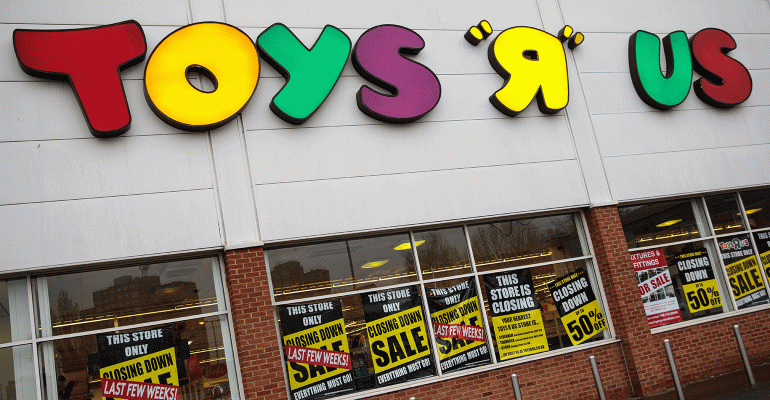 Joe Kefauver is managing partner of Align Public Strategies, a full-service public affairs and creative firm that helps corporate brands, governments and nonprofits navigate the outside world and inform their internal decision-making. This article does not necessarily reflect the opinions of the editors or management.
Joe Kefauver is managing partner of Align Public Strategies, a full-service public affairs and creative firm that helps corporate brands, governments and nonprofits navigate the outside world and inform their internal decision-making. This article does not necessarily reflect the opinions of the editors or management.
One of the more fascinating aspects of the current public policy space is how the traditional legal and regulatory system treats legacy companies and industries versus how it treats emerging start-ups.
For instance, why did policy makers wait nearly two decades to level the tax playing field between traditional brick-and-mortar retailers like Walmart and Target and online retailers like Amazon and Wayfair? Might already-struggling brands like Toys ‘R’ Us or Sears still be alive without competing against tax-free rivals?
The legacy brand start-up conversation obviously touches the restaurant industry as well.
We can easily list all the issues where traditional sit-down restaurants are competing against the onslaught of disrupters no matter what form they take — automation, kiosks, third-party delivery, artificial intelligence — you name it.
Just how is a traditional family-owned bar and grill in Middle America going to compete with a national chain implementing artificial intelligence technology? That local restaurant might be cute and quaint for a while, but they too might eventually be gone. The race to leverage technology will increasingly revolutionize — and disrupt — the industry.
But there are those who see technology as an enabler.
I was recently a participant at the FLEX (Financial Leaders Exchange) Conference put on by the Revelry Group where a phenomenal collection of chief financial officers from both legacy and emerging brands got together to compare notes on the state of the industry, future trend lines, emerging innovations, and what “keeps CFOs up at night.”
While it was an amazing gathering of energy and intellect, what struck me most was the dichotomy of how legacy and emerging brands view technology.
Legacy brands are trying to absorb technology and integrate it into a tried and true way of delivering their products to their consumers. Their challenge is how do they better leverage technology to more efficiently do what they already do best and stay relevant to a new class of consumer? Basically, how do they incorporate a super cool after-market add-on to a vintage car?
Whereas emerging brands are increasingly viewing themselves less like traditional restaurants and more like tech companies.
Just as Uber and Lyft contend they are merely online platforms to connect customers (riders) with providers (drivers), emerging restaurant brands are seemingly starting off as technology platforms connecting customers (diners) with a provider (their restaurant). Instead of integrating technology into food delivery, they are delivering food via technology. That is a very different animal.
And deeply imbedded in the future of the restaurant conversation is — and should be — the future of work conversation. The whole body of policy and law around the workforce of the future — automation, artificial intelligence, autonomous vehicle delivery, independent contractors, portable benefits — you name it.
While seemingly daunting, all this actually presents opportunities for the industry to be proactive in shaping issues already important to us.
For example, why wouldn't we use the conversation around automation, the breaking down of state and local tax barriers, third-party delivery and online commerce as an excuse to enter a conversation about how antiquated and inefficient the Prohibition-born, three-tier alcohol system is — you know, the one which financially suffocates restaurants, especially independents? Let’s use “Disruption” to turn the tables and instead of being the disrupted entity, why don’t we actually do the disrupting ourselves?
Huge opportunities await us to unsaddle the industry from legacy burdens if we would just have the temerity to face them.
For now, the industry appears content to navel gaze and concentrate on more trivial issues now in lieu of macro issues later — a characteristic that continues to make our industry unique among our peers.
But at some point, we will have to make the uncomfortable jump and wade into these “issues of the future” lest we become the foodie version of Toys-R-Us.





